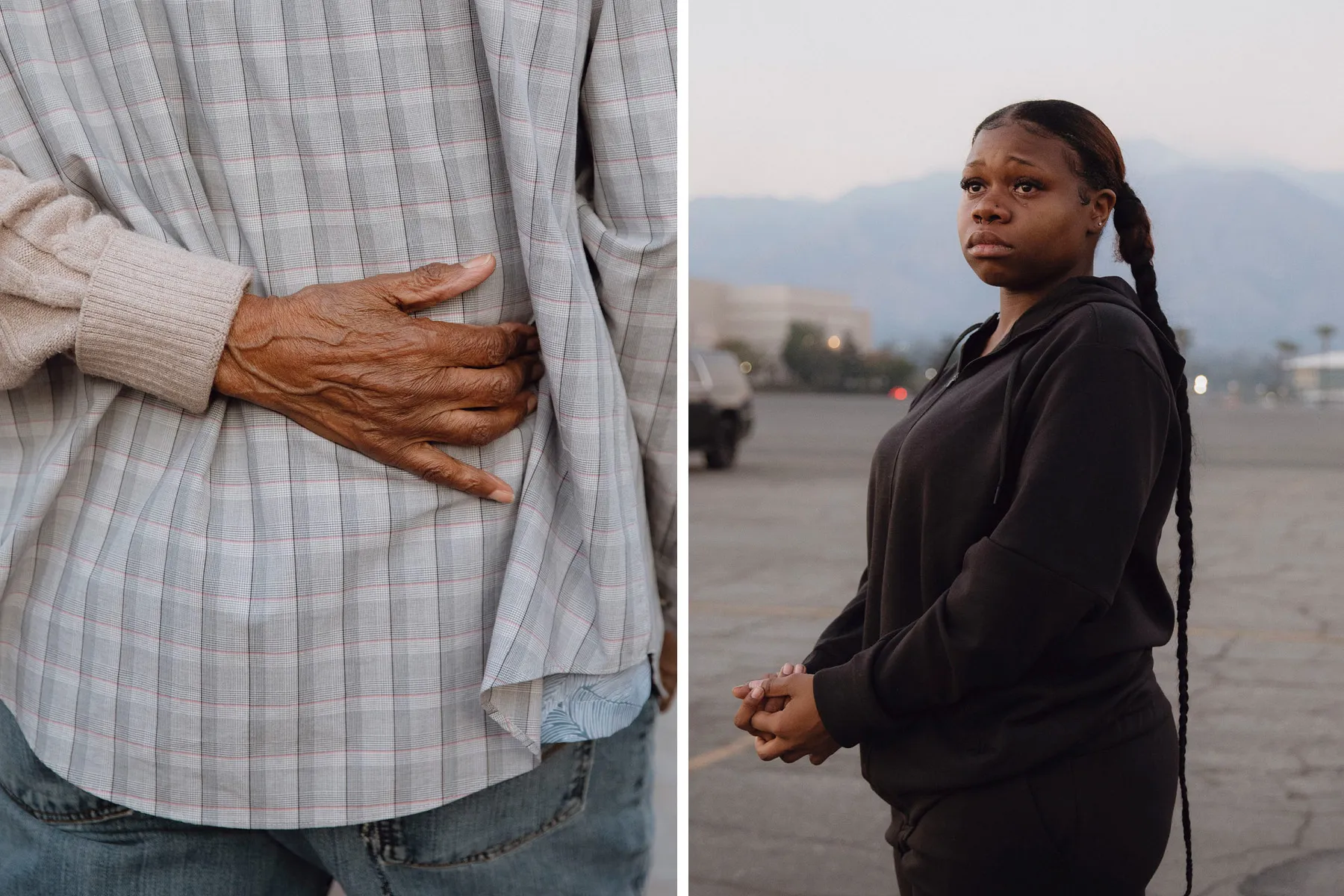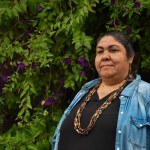The Eaton Fire devastated the unincorporated Los Angeles suburb of Altadena, reducing homes to rubble and scattering families. As of press time, the fire had burned over 14,000 acres. In Altadena, a historically Black community, it has killed at least 17 people and destroyed thousands of structures — homes, churches, businesses, schools.
During the civil rights movement, Altadena was one of the few places offering home loans to Black people. As a result, the number of Black residents in the town went from 4 percent, when President Lyndon B. Johnson signed the Fair Housing Act of 1968, to 27 percent in 1970. Before the fires, the Black homeownership rate in the area was at 81.5 percent, nearly double the national rate, according to the Associated Press.
Its affordability and diversity made it a haven for artists and activists, including the late science fiction writer Octavia Butler. Altadena is still a working-class and multicultural community; 58 percent of residents are people of color. Rebuilding homes, many of which were fully paid off and passed down through generations, will be much more difficult for Altadena residents than those in surrounding affluent neighborhoods.
The 19th spoke to women from the community who were trying to come to terms with their losses. Their stories reflect the personal toll the disaster has taken, but also the ways in which the community has come together to support them amid an unfolding tragedy.
‘I just really want my home back’
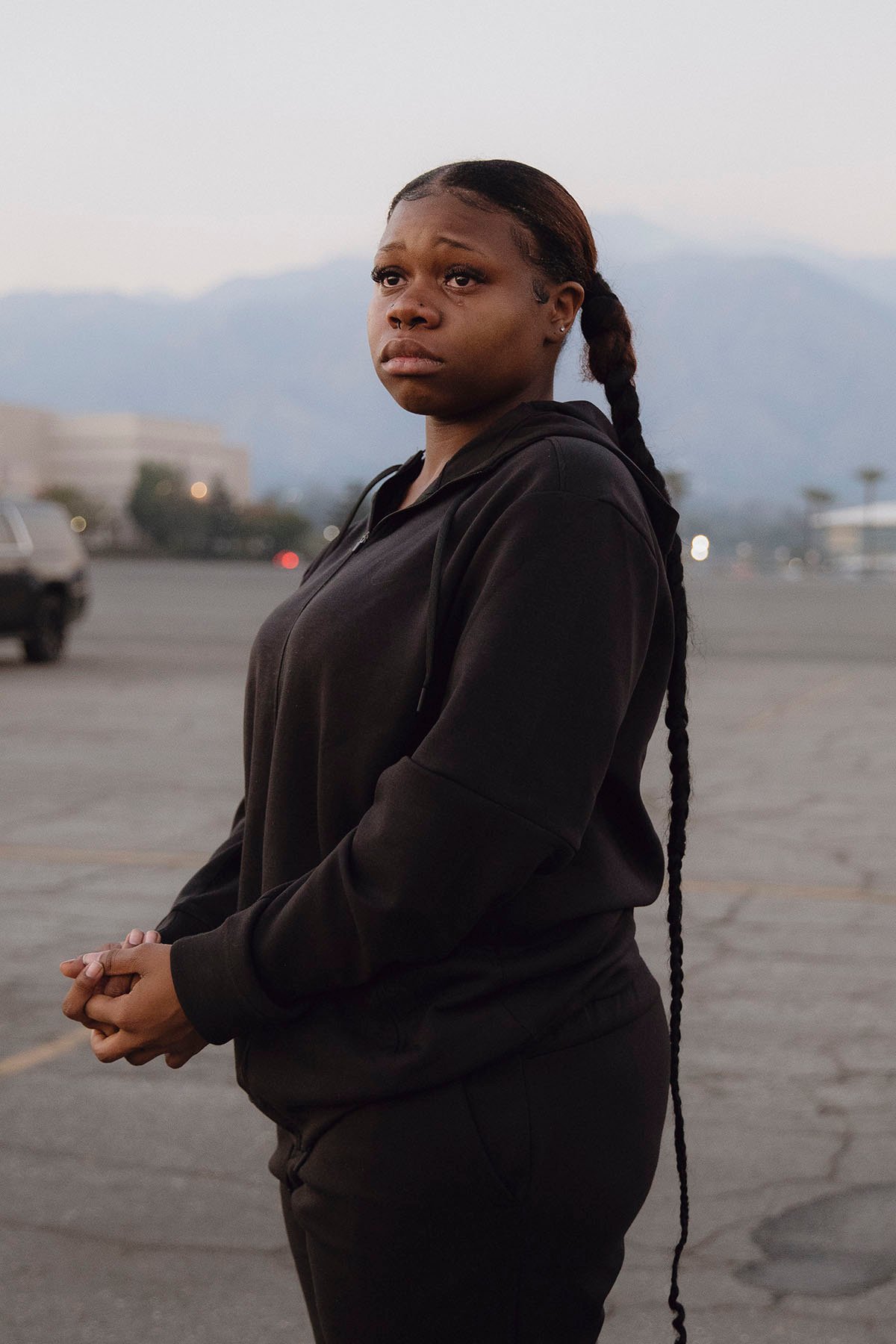
The fire destroyed the home Anniah Baynes, an 18-year-old high school senior, shared with her grandmother, aunt and three younger siblings.
Now staying with her mother just blocks from where she lived, Baynes has struggled in the aftermath of the fire. “I feel traumatized,” she said. “I want to be somewhere far away from the smell of the smoke, where I can’t see the mountains on fire.”

A week before the fire, Baynes proudly showed her classmates her hair, which she had done herself over the holiday break.
Now, returning to school feels impossible. As the eldest of seven, she has taken on the responsibility of staying strong for her siblings. “I try not to cry in front of my younger siblings. I want to show them I’m strong and that we’re going to be OK,” she said.
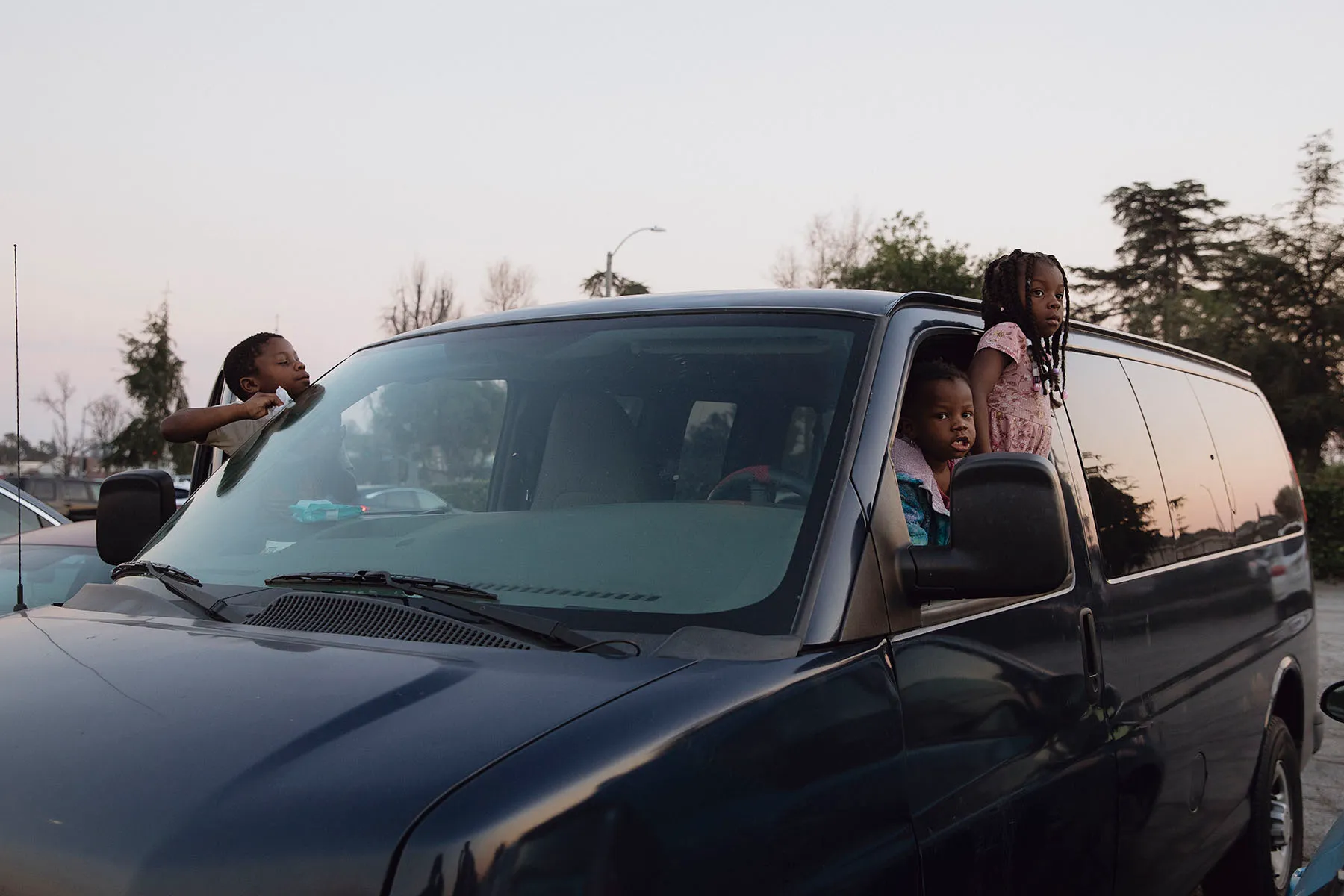
I want to be somewhere far away from the smell of the smoke, where I can’t see the mountains on fire.”
Anniah Baynes
Despite the challenges, Baynes finds comfort in the support she’s received from friends and family. Her friends created a GoFundMe page to help the family recover, and relatives in the area have stepped in to offer assistance. And yet, she yearns what she lost. “All the support that I am getting is great,” Baynes said. “I love it and appreciate it, but I just really want my home back.”
‘I keep coming back, wanting to see it one last time’
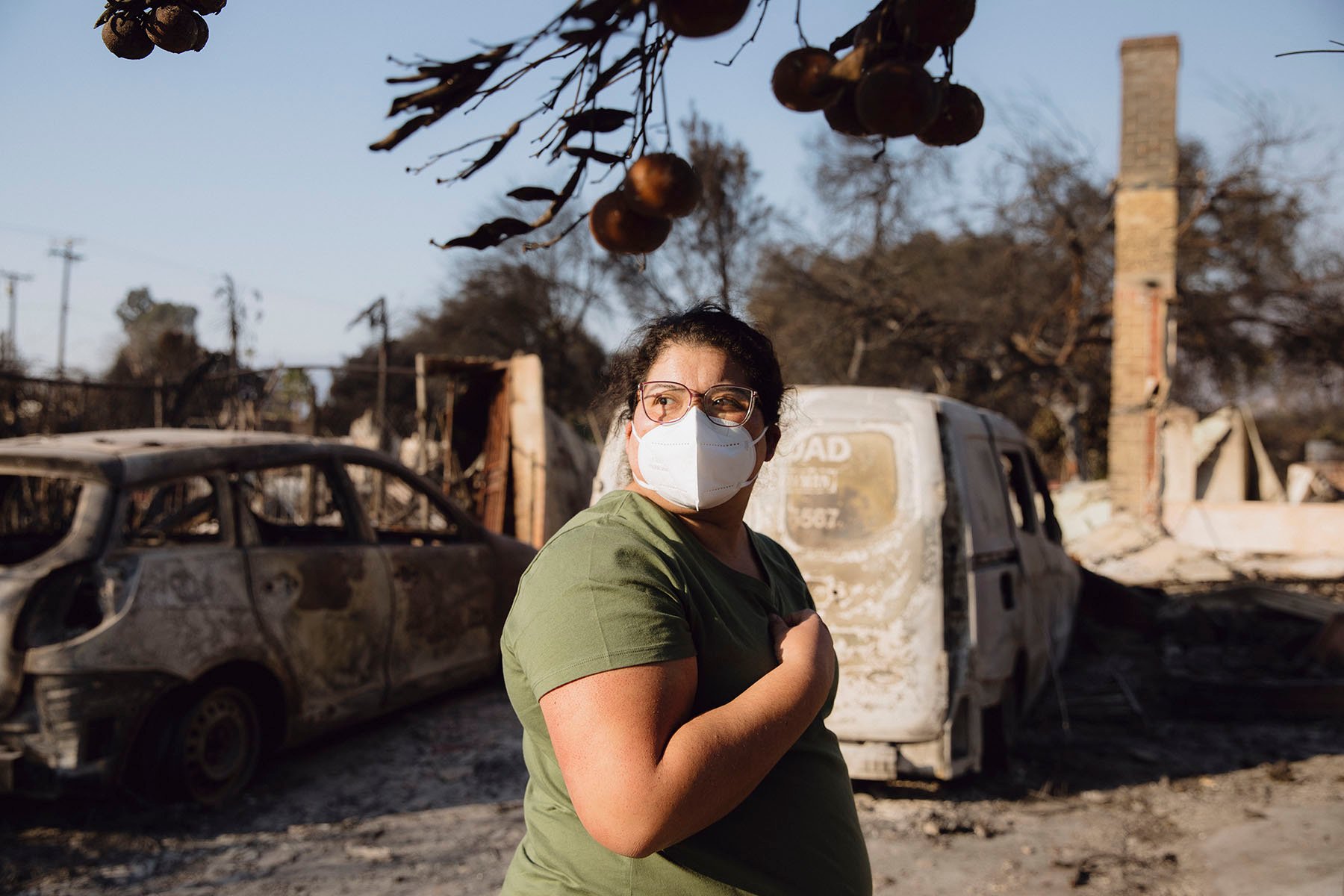
Carolina Ramirez-Sanchez stands in the rubble of her home of 21 years, a house her immigrant parents worked tirelessly to purchase so their children could grow up with stability.
The 34-year-old lived there with her parents, husband, two daughters, three siblings and two dogs. “We never wanted to leave our parents,” she said. “My father would always say to me, ‘I help you, and one day you will help me.’”
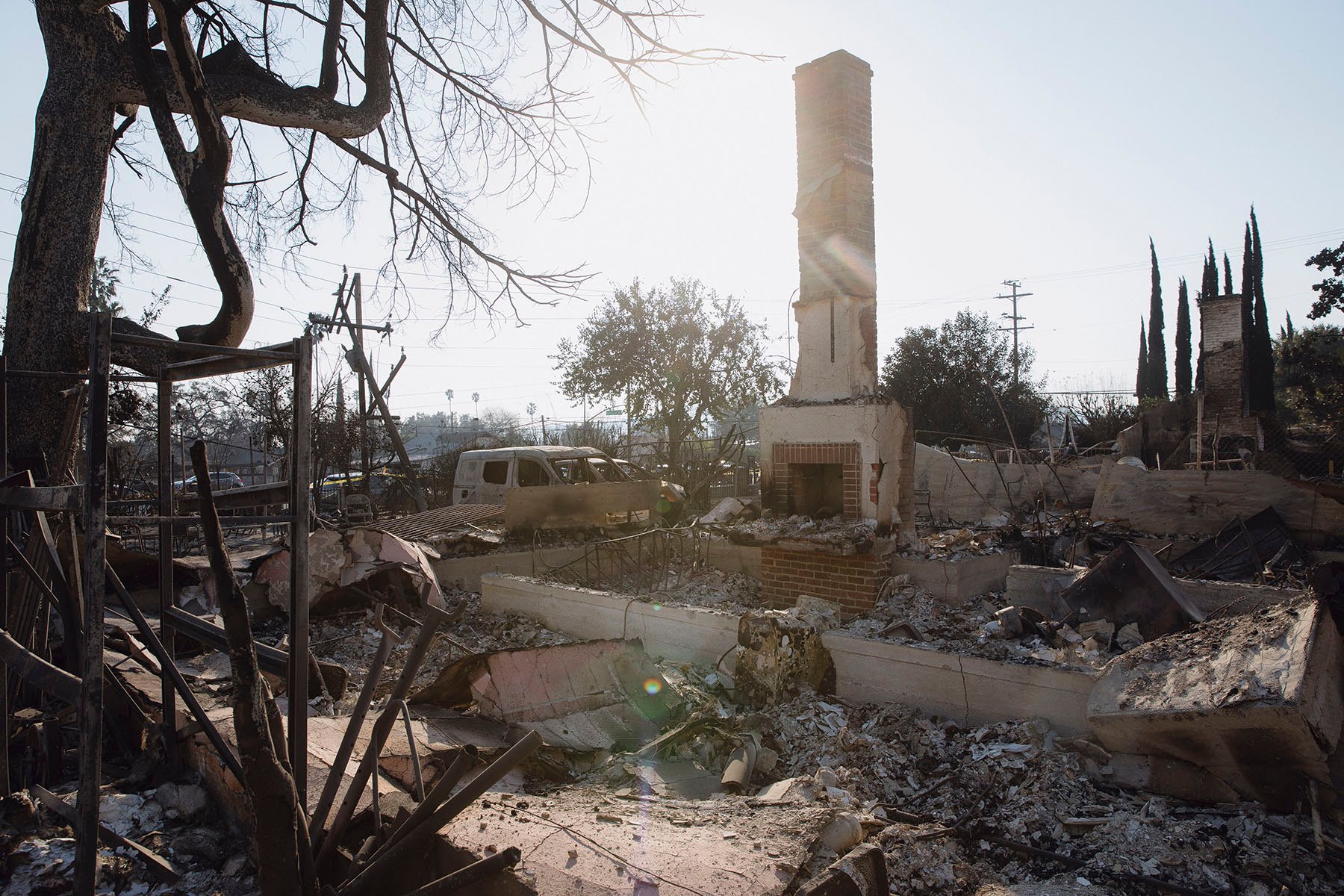
Now, her father’s words resonate more than ever. As the caregiver for her 63-year-old parents, Sanchez has faced the heartbreak of seeing her family of nine split up to live with relatives and friends while figuring out next steps. Her father has returned to see the ruins of their home, but her mother cannot bring herself to face it.
“I feel numb at this point,” Sanchez said. “I keep coming back, wanting to see it one last time. I just want my bed, my books, the comfort of my home.”
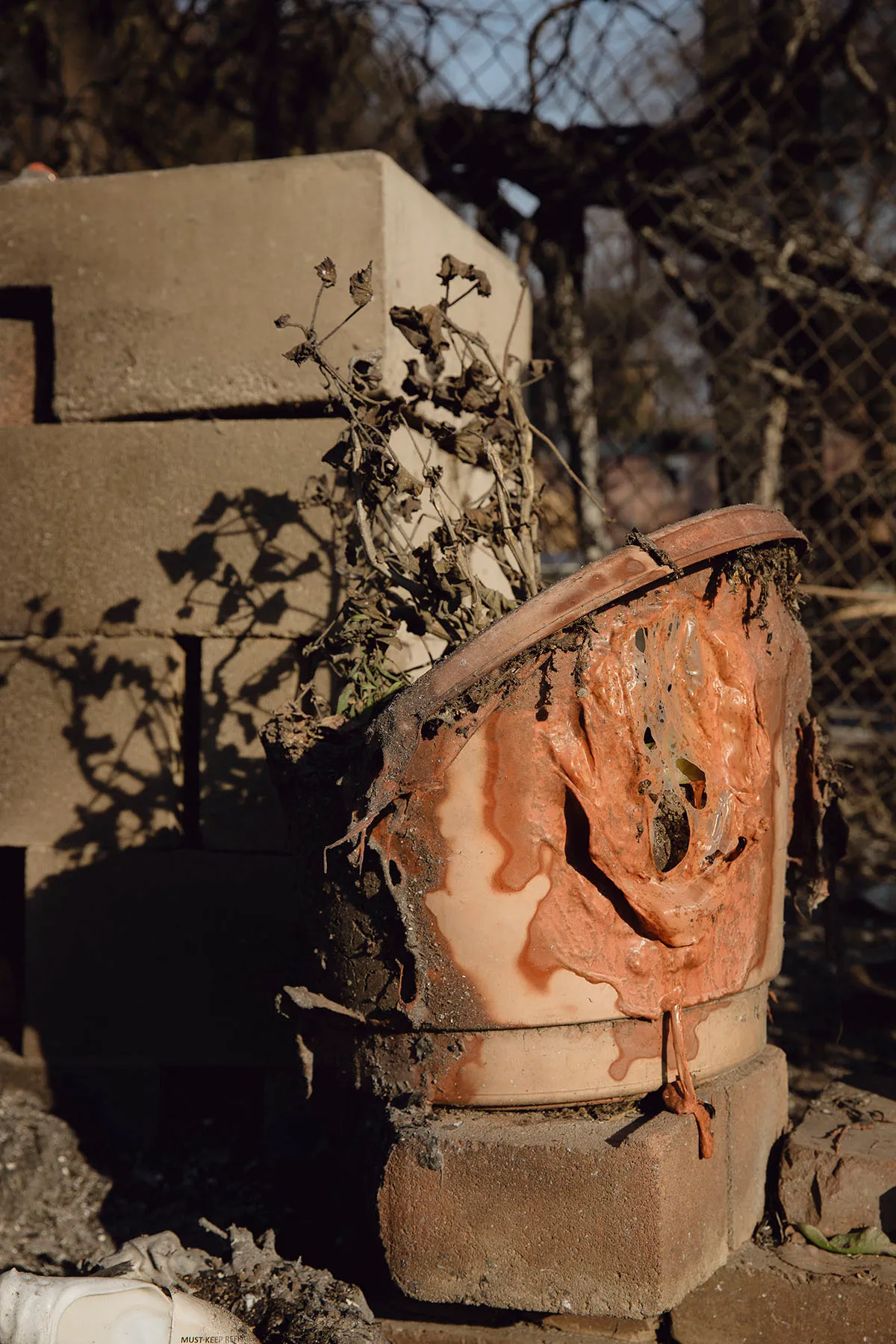
Before the fire, Sanchez was attending nursing school. Now all of her medical books are gone, and her education is now on hold. Her husband, who ran his own handyman business, has been unable to work after losing his van and tools in the fire. Her daughters, still processing the loss, ask for the Christmas presents they just received that are now destroyed.
Sanchez has applied for FEMA assistance and her daughter set up a GoFundMe for the family. But there are some things that can’t be easily replaced. A big part of what made the house a home was the tangerine tree in the front yard, where Sanchez and her siblings would pick fruit. Charred tangerines still hang from its branches.
‘What is important is that we, as a family, are OK’
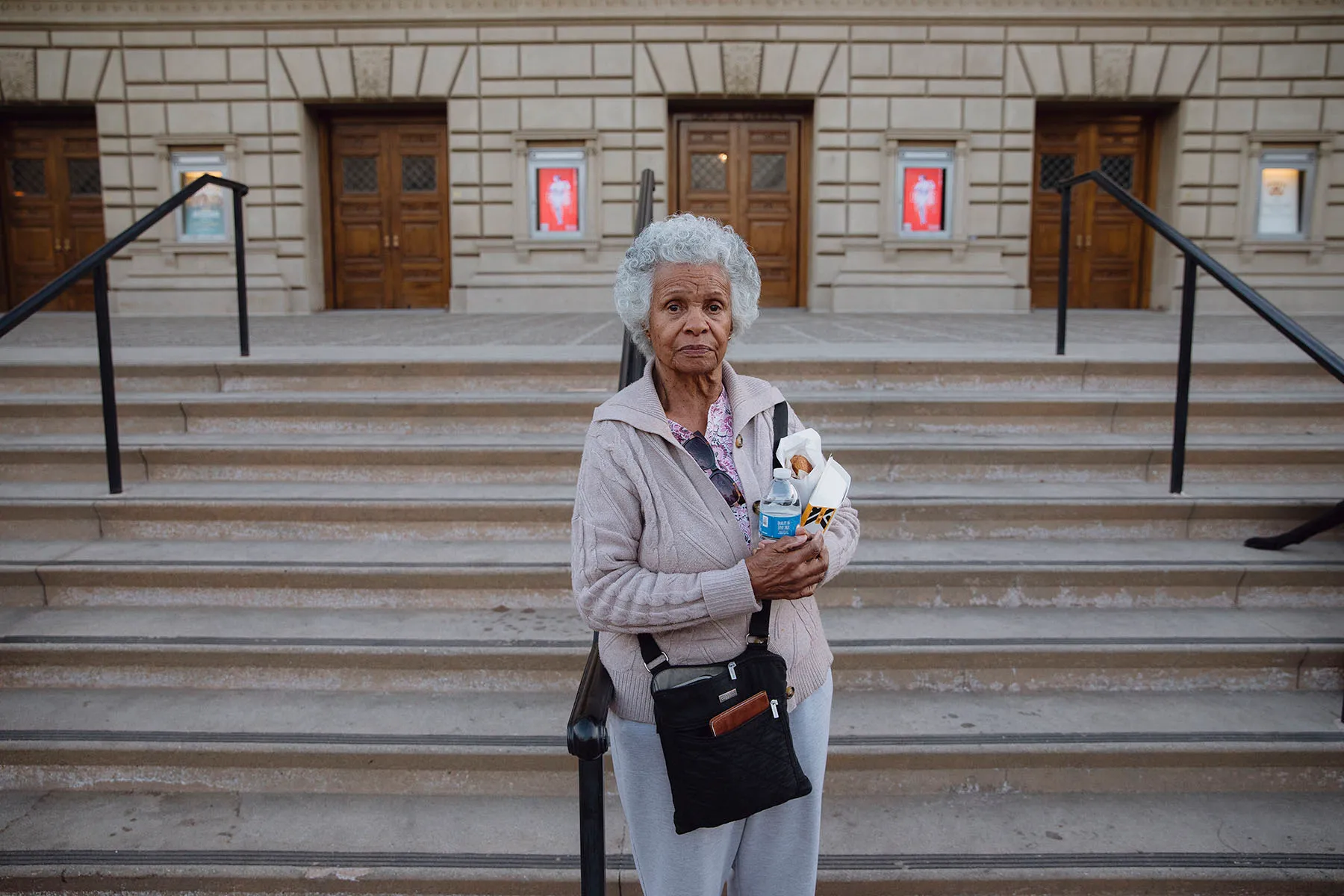
As a group of supporters prayed for the family, Delva Gibson, 82, held her husband tightly. The Gibsons lost their home of nearly 52 years in the fire.
It was the only home she has known since immigrating from Brazil.
Married for over 50 years, she and her husband raised their two sons in the house. The couple is currently staying with their son in San Bernardino.
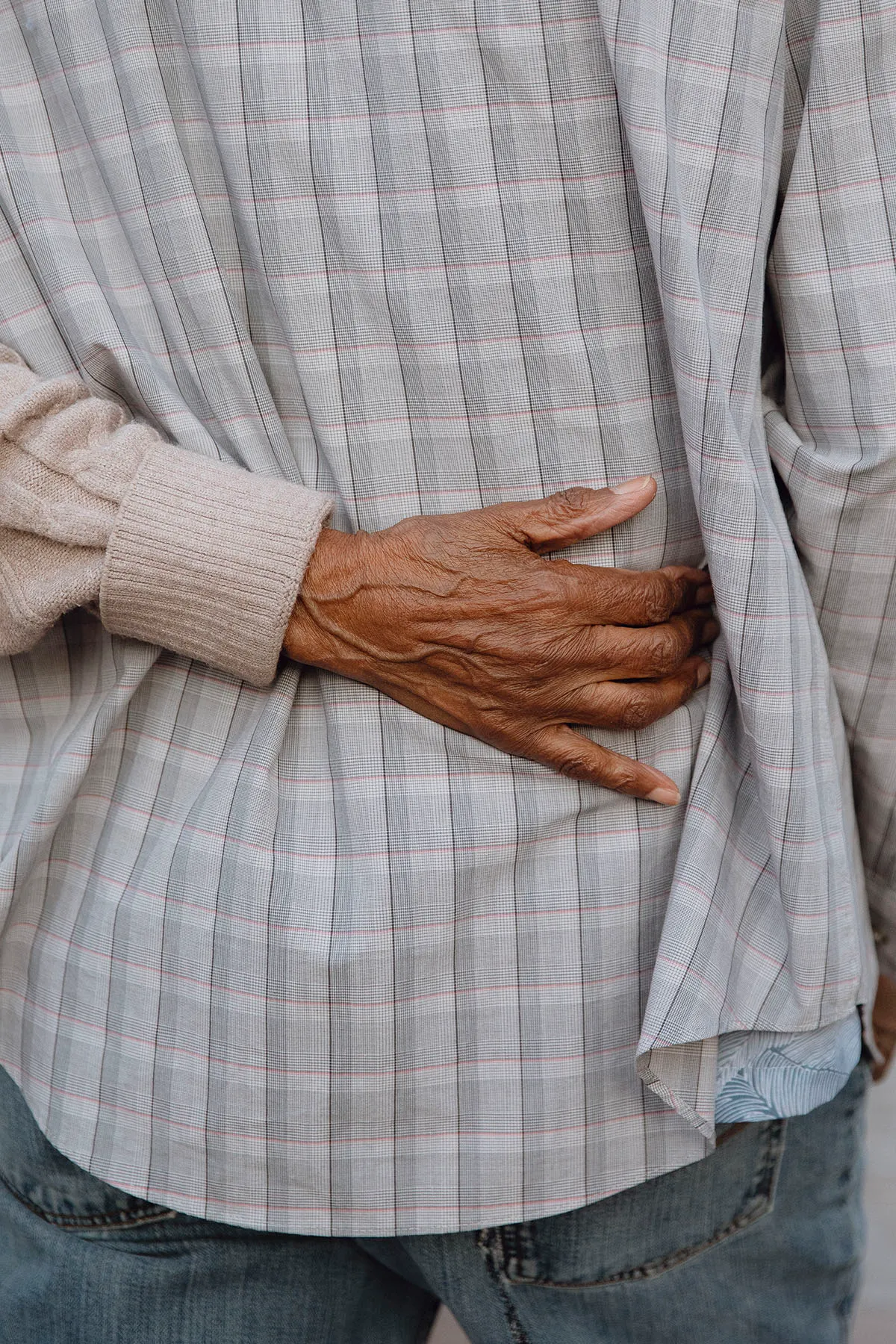
The loss is profound, but Gibson is finding clarity amidst the tragedy. “It’s a new beginning for us this year,” she said. “The material things are not important. What is important is that we, as a family, are OK.”
‘It’s like a bomb went off’
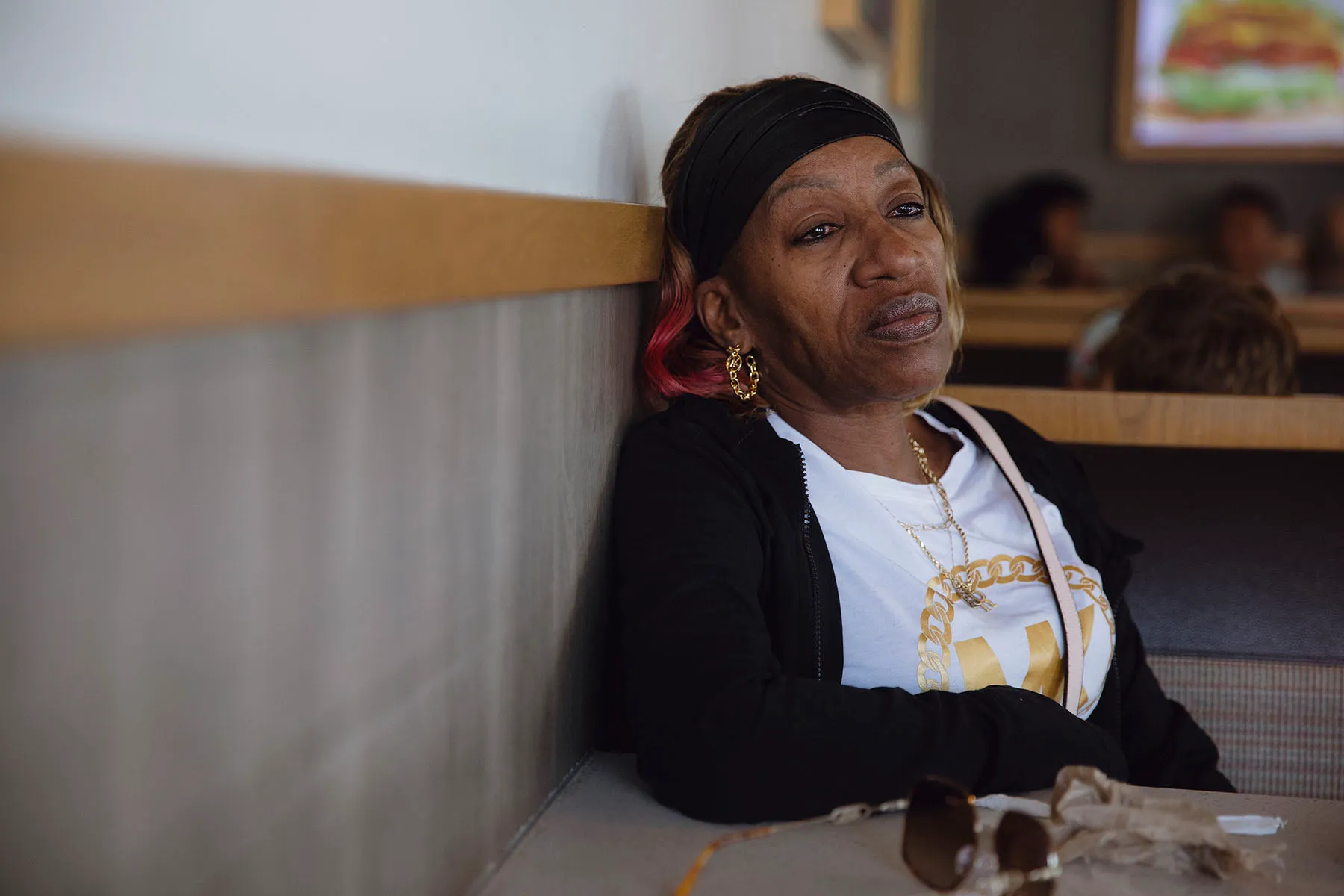
Rose Hayes sits at the Habit Burger & Grill in Hastings Ranch, reflecting on the destruction of her Altadena home of 20 years.
The house belonged to her husband’s family for over five decades, passed down through generations. Its history is part of the broader story of Black homeownership in Altadena, which was seen as a haven during the Great Migration, when Black Americans moved from the South to find safety and jobs in other parts of the country.
It’s a tight-knit Black community that’s been here for a long time, Hayes said. “Everybody knows everybody,” she said. “We look out for each other.”
I loved opening the door of my home and seeing the mountains. Now it’s like a bomb went off.”
Rose Hayes

Now the future is uncertain for the 66-year-old, who also lives with her granddaughter. Her family is staying at an Airbnb for nine days for free, and then they have a week paid for by their rental insurance at a hotel. After that, they are unsure of where they will go. Like many others in Altadena, Hayes’s family is leaning on community support to begin rebuilding their lives.
“Everyone keeps telling me to have hope, but I don’t feel it. I can’t see it,” she said. “I loved opening the door of my home and seeing the mountains. Now it’s like a bomb went off.”
